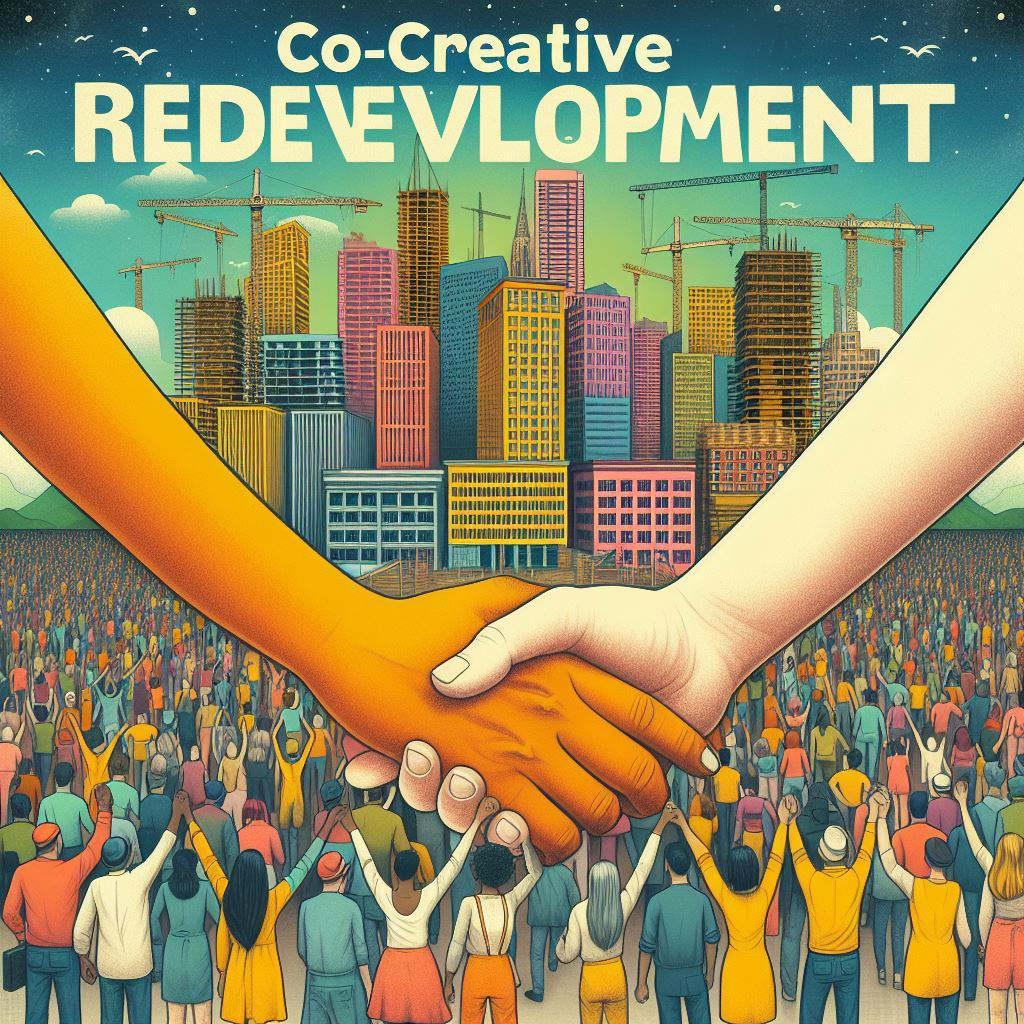Project
Our Care Team Information
CHALLENGE
Supporting parents during the transition from hospital to home by providing a parent-owned, transmural digital patient dossier that helps them document, manage, filter, and share information about their child with involved parties.
DESCRIPTION
The Jeroen Pit House is a transitional home for children with serious chronic conditions, facilitating the challenging transition from the hospital to home. By offering homelike family apartments near the hospital, specialized nursing and paramedical care, and a supportive environment, the Jeroen Pit House aims to ease the transition and empower parents.
Parents of children with complex chronic conditions often struggle with assuming multiple roles, leading to overload and impacting their ability to function as parents, partners, and members of society. Our project addresses this problem by designing an online platform that supports and empowers parents. The platform enhances their self-reliance in providing and coordinating care, manages information flow, and reduces the burden on parents in communicating medical information among caregivers.
Multiple healthcare professionals, family caregivers, social workers, and other stakeholders are involved in the care of these children, making coordination complex. The burden falls heavily on parents, leaving little room for them to fulfill their parenting roles or maintain a normal life. Our goal is to provide digital tools that enable parents to manage the complex care for their child, promoting stability for the child and family. The platform will serve as an accessible and clear tool for parents and professionals to organize care together, ultimately supporting families of children with serious chronic conditions to navigate their complex roles in various aspects of their lives.
OUR SOLUTION
Armed with all the knowledge and insights gathered after 5 Sprints, we came up with a digital solution concept that is based on addressing all the pain points and hurdles that our persona faces. We created a module for the existing MKCN site that makes use of its existing network and made an entirely new user interface and experience that is more accessible and usable.


